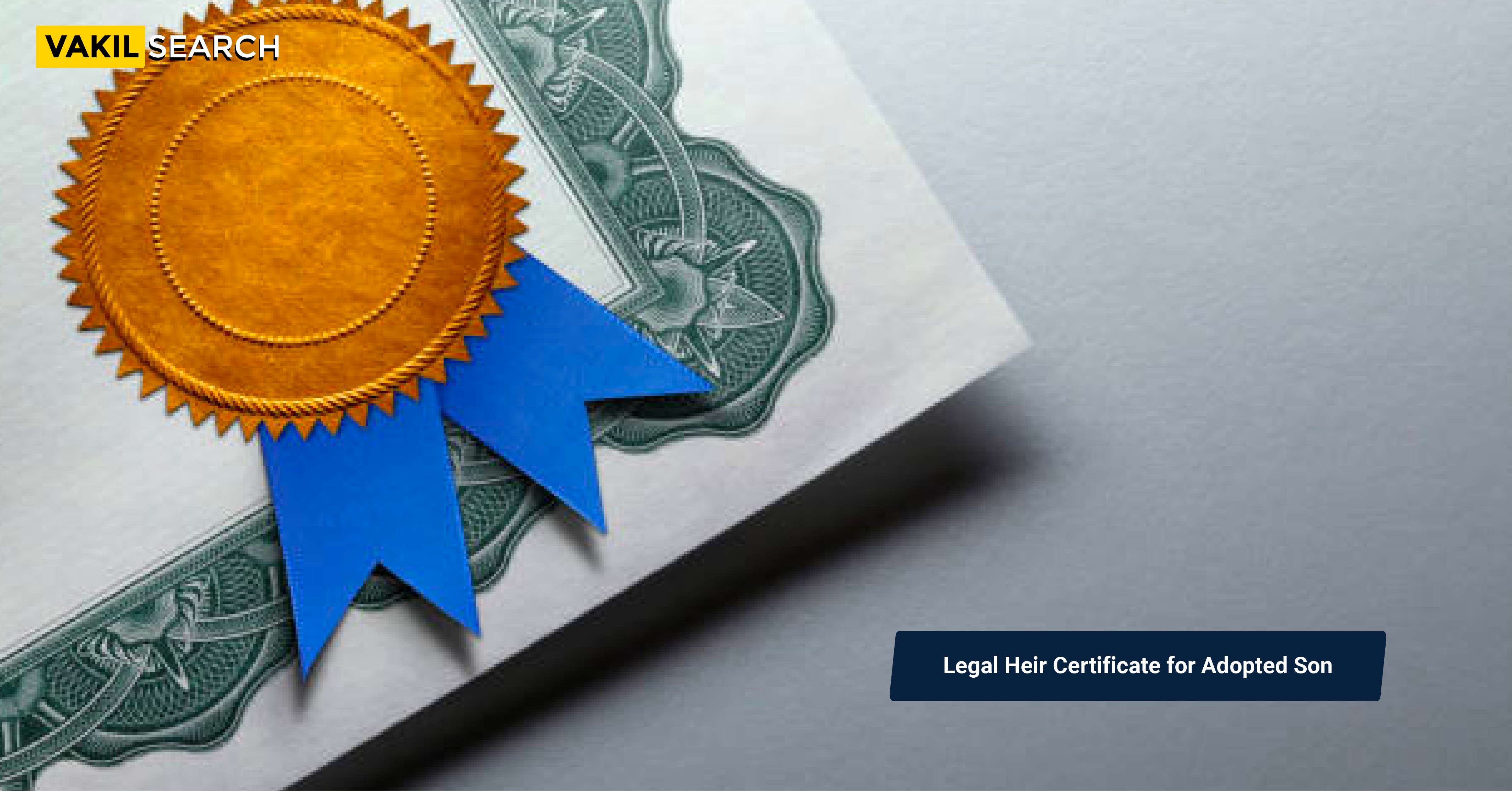Explore the legal rights of adopted children in India, their eligibility for a legal heir certificate, and how the latest High Court ruling impacts inheritance laws.
In a recent landmark ruling, the Madras High Court declared that an adopted child holds the status of a legal heir. Know more about Legal Heir Certificate for Adopted Son. This significant decision has far-reaching implications for the legal rights of adopted children in India and their entitlement to a legal heir certificate.
In this comprehensive guide, we delve into the legal intricacies of the ruling, its alignment with the Hindu Succession Act, and the implications it carries for adopted sons seeking legal recognition as heirs.
Understanding the Ruling
The Madras High Court’s ruling, delivered by Justice K Ravichandrabaabu, asserts that an adopted child is a legal heir from the moment of their legal adoption. This means that the child severs all ties with their biological family and assumes the status of a child born to the adoptive parents.
The ruling reaffirms that the legal ties of the adoptive family grant the adopted child all rights enjoyed by a biological child in that family.
The Hindu Succession Act and Adopted Children
To comprehend the significance of this ruling, it’s essential to refer to the Hindu Succession Act, which governs the inheritance rights of individuals in Hindu families. Under this act, a Class I heir is entitled to inherit the property of a deceased person. Previously, there was ambiguity regarding whether an adopted child fell under this category.
However, the recent judgment from the Madras High Court clarifies that an adopted child qualifies as a Class I heir upon legal adoption. This legal recognition means that the adopted child has an equal claim to the deceased’s property as any biological child would.
Implications for Legal Heir Certificates
The ruling’s impact is particularly significant concerning the issuance of legal heir certificates. A legal heir certificate is a vital document used to establish one’s status as an heir to a deceased person’s assets and property.
With the Madras High Court’s decision, adopted sons now have a clear legal basis to obtain such certificates.
Key Steps to Get Legal Heir Certificate for Adopted Son
- Document Verification: Gather essential documents, including the adoption deed, the death certificate of the deceased parent, proof of your legal adoption, and your identification documents.
- Approach the Local Authorities: Contact the tahsildar or the local revenue authorities in your jurisdiction to initiate the legal heir certificate application process.
- Submit Application: Provide all necessary documents along with your application for a legal heir certificate.
- Legal Notices and Hearing: The authorities will issue legal notices to all potential claimants, allowing them to contest your application. Following this, a hearing will be scheduled.
- Presentation of Evidence: During the hearing, present evidence of your legal adoption and the recent Madras High Court ruling. Highlight that you are legally considered a Class I heir.
- Issuance of Legal Heir Certificate: Upon successful verification of your claim, the authorities will issue the legal heir certificate.
Conclusion
The Madras High Court’s ruling has provided legal clarity and equality for adopted sons and daughters in India. It recognizes their status as legal heirs from the moment of legal adoption, ensuring they enjoy the same rights and entitlements as biological children under the Hindu Succession Act. This landmark decision also simplifies the process of obtaining legal heir certificates for adopted children, further securing their inheritance rights.
By following the outlined steps and presenting their case in alignment with this ruling, adopted sons and daughters can now navigate the legal system with confidence and assert their rightful claims to inheritance.
While this ruling is a significant stride towards inclusivity and equality, it’s advisable to consult with legal experts or professionals when pursuing a legal heir certificate to ensure a seamless and successful process.
Vakilsearch’s services can provide invaluable support in understanding and navigating the legal intricacies surrounding inheritance rights, making the journey more accessible for adopted children across India.
Connect with our experts today to know more!
FAQs (Frequently Asked Questions)
Does this ruling apply to adopted daughters as well?
Yes, the ruling applies to both adopted sons and daughters. Any legally adopted child qualifies as a Class I heir under the Hindu Succession Act.
Can adopted children inherit ancestral property through this ruling?
Yes, adopted children are entitled to inherit ancestral property just like biological children, provided they have legally severed ties with their biological family through adoption.
How does this ruling affect other inheritance-related matters, such as wills?
This ruling ensures that adopted children have an equal right to inherit through intestate succession (when there is no will). However, the specifics of inheritance through wills may vary based on the individual will's provisions.
Read more:-

